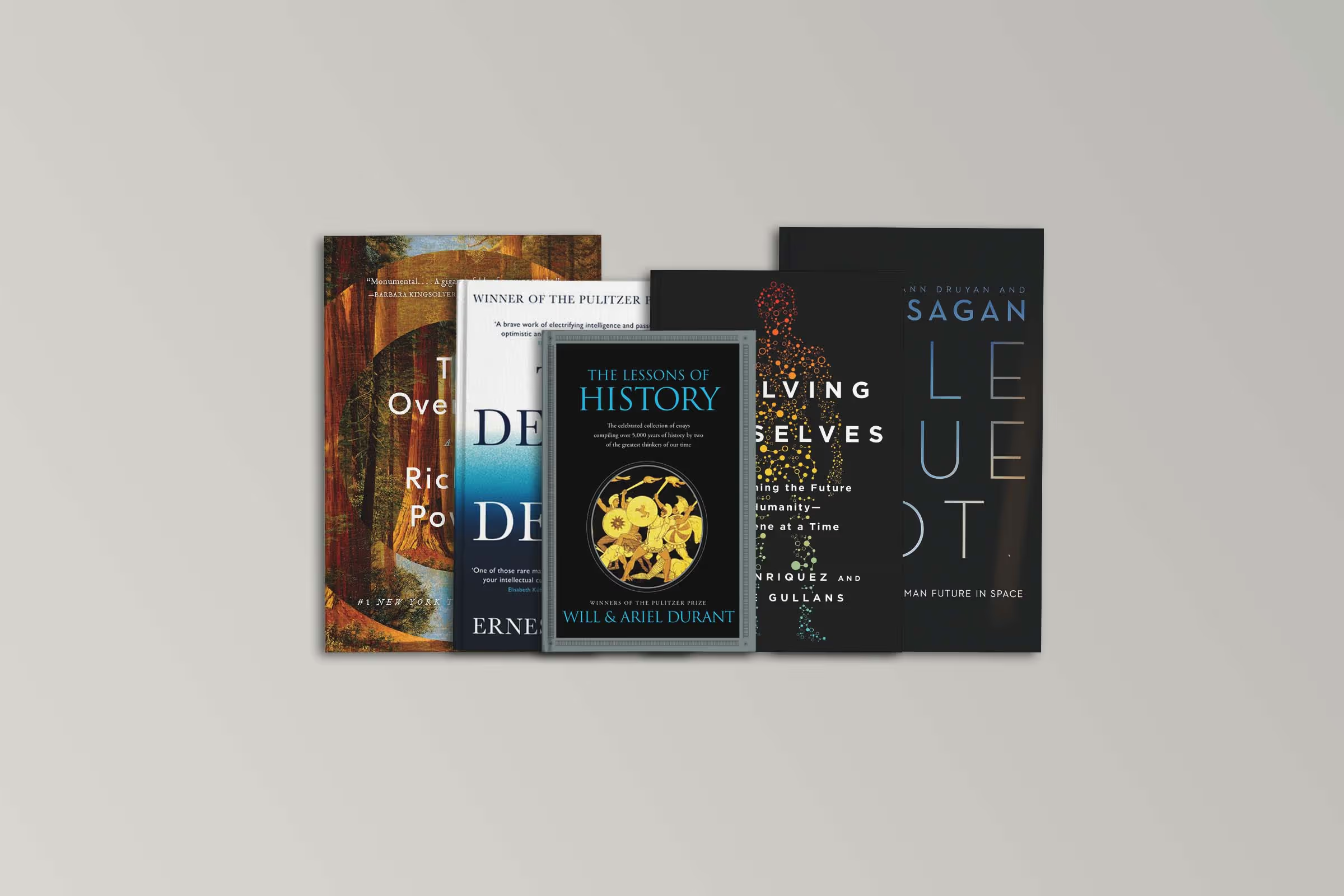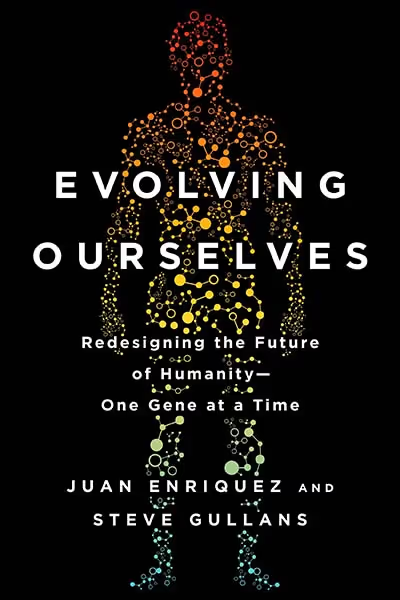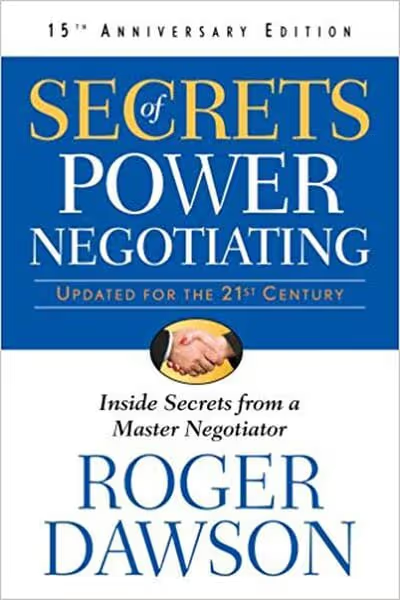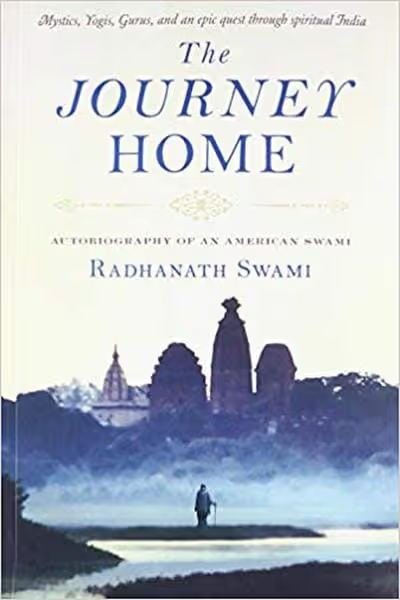
Books have always represented a foundation of my life and my work. Simple ink to paper can open new worlds, new perspectives, new learnings, and new hopes. Whenever I feel down, I can turn to a page of a good book and know everything is going to be okay. I’ve tried to shape this list to include the books that stand out to me but also to include hidden gems. I hope these recommendations give you the solace and wonder they gave me.
I have always been obsessed with how the natural world works. The interplay between ecosystems, different species, and just life itself carries an immense depth that we still know very little about. Enter Richard Powers. There are very few authors that I admire over Richard Powers. He writes with a deep understanding of the natural world and does so in a way that it stops you in your tracks, and makes you think. Those are the type of books I search for, and The Overstory did just that.
It really is a book about trees; those sleeping giants that can be found just about anywhere in the world. Powers uses multiple characters with very different stories all connected by trees. He traces through each of the character’s journeys and how trees, and more specifically the natural world, brings them a deeper level of understanding of life, and humility. He uses the most recent science on trees to tell the story of these peaceful swaying branches, and it completely changed my perspective of them.
It is a book for those who desire to know that humans aren’t the be all end all species on this planet. Richard Powers shines an appreciation on everything else. This one is a must read.
The best arguments in the world won't change a person's mind. The only thing that can do that is a good story.
The Overstory is a sweeping, impassioned work of activism and resistance that is also a stunning evocation of - and paean to - the natural world. From the roots to the crown and back to the seeds, Richard Powers’s twelfth novel unfolds in concentric rings of interlocking fables that range from antebellum New York to the late twentieth-century Timber Wars of the Pacific Northwest and beyond. There is a world alongside ours—vast, slow, interconnected, resourceful, magnificently inventive, and almost invisible to us. This is the story of a handful of people who learn how to see that world and who are drawn up into its unfolding catastrophe.
History has always interested me. And there have been many great authors that have compiled patterns of history into digestible books. This one must be my favorite in that genre.
I first picked up my copy of this book when it was recommended by Ray Dalio. It was one of the shortest books I had read at the time – only about 100 pages. But wow, it sure packed a punch. If you want to have a general understanding of the history of topics such as the economy, religion, biology, and more, grab a copy of this book. The chapters are very short, but they carry so much in them. I’ve probably reread this book a dozen times, and each time I learn something new. Whenever you can find a book that you continually learn from, it’s worth far more than you think.
You can’t fool all the people all the time,” but you can fool enough of them to rule a large country.
A concise survey of the culture and civilization of mankind, The Lessons of History is the result of a lifetime of research from Pulitzer Prize–winning historians Will and Ariel Durant.
With their accessible compendium of philosophy and social progress, the Durants take us on a journey through history, exploring the possibilities and limitations of humanity over time. Juxtaposing the great lives, ideas, and accomplishments with cycles of war and conquest, the Durants reveal the towering themes of history and give meaning to our own.
I am a business school graduate, and I never took many science courses. To this day, I still wish I had. But during my time in University, I became deeply interested in a range of scientific topics, from artificial intelligence to renewable energy. But this book turned me on to a topic that I knew very little about: genetics.
Evolving Ourselves is a book about the latest changes and progress in genetics. From CRISPR, to resurrecting the Wolly Mammoth, this book covered it all. Enriquez and Gullans take very complex issues and make them easily readable for the general person. The power of genetics truly surprised me. All those science fiction books and movies over the years might carry a possibility, which scares me but excites me.
If you want to learn more about the next stage in evolution, the next human, or what life could look in 100 years, grab a copy of this book.
If Darwin were alive today, he would likely revise a significant part of his great works, because the basic logic of evolution has shifted away from capital-n Nature toward two new core drivers: Unnatural selection* Nonrandom mutation*
Based on the ubiquitous TED Talk series "Will Our Children Be a Different Species?," this film is an eye-opening, mind-bending investigation of how humanity is transforming its genetic future. " and "The Next Human Species."
Are you prepared to modify the DNA of your unborn children and grandchildren in order to make them healthier? More appealing? Intelligenter? Why are autism, asthma, and allergy rates skyrocketing at an unprecedented rate? Why are humans living longer lives and having fewer children?
Futurist Juan Enriquez and scientist Steve Gullans take a broad look at how humans are altering the trajectory of evolution for all animals, sometimes purposefully, sometimes unintentionally. For example:
• What if life forms are only restricted by our imagination? Are designer babies and pets, extinction, and even the creation of totally new species all fair game?
• What will be the primary causes of mortality as people, animals, and plants become more resistant to disease and ageing?
• Humans may be able to live significantly longer lives thanks to man-machine interactions. What happens when we transplant pieces of our "selves" into clones, stored cells, and machines?
Though these signs of change are disturbing, the authors contend that we are also living in an era of immense possibility. Future humans, maybe a more diversified, resilient, compassionate, and smarter race, may become better planet stewards—but only if we make the right decisions today. Evolving Ourselves is the definitive guide to the next phase of life on Earth. It is intelligent, controversial, and optimistic.
I love space. Some nights I will just stargaze for hours. It helps me answers questions, and it gives me inspiration. This book just reminded me to stargaze more.
Carl Sagan needs little to no introduction, as he has inspired a generation of scientists, stargazers, and everyday people with his popular books and the show, “Cosmos”. Out of all his books, Pale Blue Dot stands out the most for me. It is worth noting that this book contains one of the most famous passages while referencing a picture of Earth from the edge of Solar System.
Sagan makes you wonder, and that is truly valuable. If you want to learn more about space, about the worlds outside of our planet, grab a copy, you will not regret it!
Look again at that dot. That's here. That's home. That's us. On it everyone you love, everyone you know, everyone you ever heard of, every human being who ever was, lived out their lives…
The late scientist Carl Sagan cast his gaze over the grand wonder of the Universe in Cosmos, making it accessible to millions of people worldwide. Carl Sagan's revolutionary voyage across space and time is now complete in this breathtaking sequel.
Future generations will remember our era as the point at which the human race finally crossed into a radically new frontier—space. In Pale Blue Dot, Sagan chronicles the enthralling history of our entry into the cosmos and analyses the future that awaits us as we expand beyond our solar system and into distant galaxies beyond. Exploration and ultimate settlement of other worlds, says Sagan, is not a dream nor a luxury, but rather a fundamental prerequisite for the survival of the human species.
I grabbed this book when I was in a mood of deep existential wonder. Death is always a difficult concept to discuss, as it is one of the things that all life on Earth has in common. Most if not, everyone fears death, but it is still something we should talk about.
The Denial of Death is less about death and more about what life means, and our role as humans in time. The book was written in 1973, but much of what is discussed still holds true. Becker weaves together insights from some of the world's most recognized psychologists, scientists, and philosophers on a variety of topics in an all-encompassing book. This book taught me how important repression, even though it has a negative connotation, is for humanity for us to live our lives. It showed me different perspectives on life and death, which is something we should always seek.
The road to creativity passes so close to the madhouse and often detours or ends there.
Winner of the Pulitzer prize in 1974 and the culmination of a life's work, The Denial of Death is Ernest Becker's brilliant and impassioned answer to the "why" of human existence. In bold contrast to the predominant Freudian school of thought, Becker tackles the problem of the vital lie -- man's refusal to acknowledge his own mortality. In doing so, he sheds new light on the nature of humanity and issues a call to life and its living that still resonates more than twenty years after its writing.












.avif)

.avif)
.webp)








































